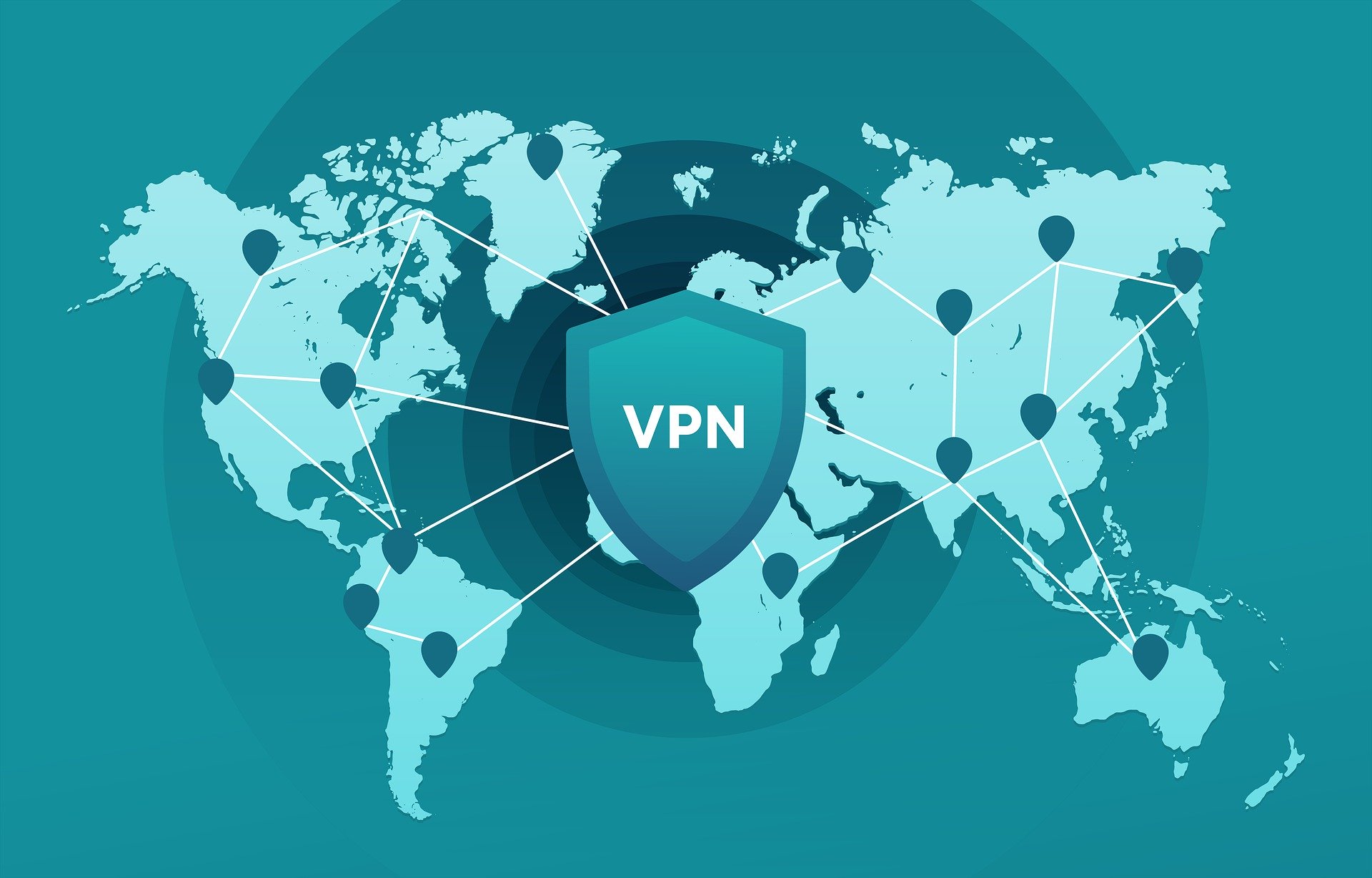Test your VPN: How to know if your VPN works
In this post we will deal with the VPN Test. The Virtual Private Network are technological tools that offer multiple benefits to their users, being the most important to maintain a higher degree of security and privacy, as well as the possibility of access to restricted content in some regions of the world.
In this article we will discuss different points of interest for those who need this type of protection, especially being able to have the clear points needed to do a VPN Test and know if your VPN service has the minimum to maintain privacy on the network.
Below is a list of the best VPN reviews you’ll find on our website:
Premium providers:
Other Recommended Suppliers:
-
English
-
Experts
-
Quality
How do I know if my VPN works?
First of all, in order to carry out a VPN Test, you must check that you are correctly connected to the Internet service and then to the VPN. When you make this connection to these servers, a private and encrypted communication process is established, where the user’s traffic, instead of being sent directly to the remote server, is made to the VPN server and from there, the information is sent to the remote destination server.
From here, what you should check when doing a VPN Test, is to verify the IP. When you connect to the Internet without a VPN, the IP of your computer is public, as is the location. When connecting through a VPN, instead of the user’s IP address being displayed, another IP address should be seen, in addition to another location.

There are several ways to view the IP dynamically and there are pages that show this address automatically using plugins, so it is easy to know this information.
When we see that the IP shown on that page does not match the user’s address and location, we can already have an indication that the VPN Test is working.
Another way to perform a VPN Test is by looking for possible DNS leaks. When a visit is made to a web page via the DNS server, the user’s IP address is filtered out and this can mean a loss of privacy.
In the same method used to locate the IP address and the location of the user, you can also see if there are filters by DNS request. When you do this VPN Test and you see different servers in the user’s DNS, you are in the presence of a filter even if you are connected to a VPN.
One of the functions of a VPN is to be able to access content that is restricted by geographical areas. This is common on platforms such as Netflix, Youtube, Hulu, Amazon Prime, among others. By logging in with a VPN server, you can test and log in to the content platform that has geo-blocks. If it works, it means that the VPN Test is successful, being able to access that network content.
Within all the above, there are also some doubts about the information in general in the privacy section. One of the most recurrent doubts is whether VPNs sell personal information to third parties. The truth is that VPNs were created to maintain the privacy and security of their users, where they can have a private navigation, protecting the data. It is for that reason that a fictitious and different IP address is provided to the user. However, some failures have been seen in certain VPNs.

Another test that can be done on a VPN Test, is to block the WebRTC connections. It is advisable not to use this protocol, as it is very easy to leave traces of the data. In this case, it is best to block it. This can be done using the Chrome and Mozilla browsers.
Also, the deactivation of IPv6 protocols is important, beyond the fact that it serves as security against hackers, as well as viruses.
Do your own VPN test
1.Test of the Security of a VPN
One method of security verification is to check for possible DNS leaks, which stands for Domain Name System and serves as a gateway to websites. The way to verify this is as follows:
- The user connects to a VPN on a server in a different country than the one where he is currently located.
- Log in to a web page that records DNS leaks. Here you will see if the user’s address and IP match the real one or if it shows the one placed in the VPN Test.
WebRTC’s leakage method can also be used to verify the security of your VPN Test. Data and file exchange is allowed here. This may also be prone to leakage and the following test is performed for them:
- The user connects to the VPN and a server is selected
- You log on to a WebRTC leak check site
- The user should note what type of information is provided to the public
2. Testing the Speed of a VPN
The connection speed tests of a VPN Test can also be performed by means of web pages that measure network data traffic as well as upload speed. This is done as follows:
- The user enters a streaming content download platform and begins to view
- Enter a speed measurement page and take the data
- Activates the VPN and refreshes the streaming page and runs the same process
- Compares the initial data with the data obtained from the VPN connection Test

3. Test my IP through a VPN
One of the best methods for testing the security of a VPN is presented:
- Stay connected to the Internet after you have successfully connected to the VPN
- When connecting to the web, an IP leakage test is performed. This is done by opening several tabs through a web page that tests for IP leaks and refreshes at once
- Stop the page refresh and see what happens
- If the page displaying the IP detects your actual IP at any time, you may be experiencing a leak at that reconnection.
Frequently Asked Questions about Testing your VPN
A VPN Test can be performed in different ways and depending on the type of information required by the user. It can be done to check IP address and location leaks, as well as connection speed.
For that purpose, there are some pages on the Internet that have devices within them that show the user that information. This way, it is possible to check that the VPN works correctly and that it is protected in terms of privacy and data security, avoiding leaks of the same that could be taken by hackers to commit illegal acts or frauds.
VPN tests can be performed for connection speed, DNS (domain name system) filtering and also for possible IP address and user location filtering.
The VPN security test can be done in the following way, by means of possible DNS leaks:
- The user connects to a VPN on a server in a different country than the one where he is currently located.
- Log in to a web page that records DNS leaks. Here you will see if the user’s address and IP match the real one or if it shows the one placed in the VPN Test
As for the data exchange, it is done as follows:
- The user connects to the VPN and a server is selected
- A website is accessed to check for WebRTC leaks
- The user should note what type of information is provided to the public
The VPN security test can be performed by means of pages that measure the speed of loading and unloading, as well as the ping of the equipment. There are standards that indicate when a connection is more or less efficient, depending on the region or country where you are.
The speedtest.net page offers this way to check the connection speed when using a VPN or not and with that data have an idea of how effective is the contracted VPN and how much increases or decreases that connection while using a Virtual Private Network.
Please pay attention to the following relevant VPN content on our website:
Enjoy other sections of our website with relevant content on virtual private networks:
This has been our entire VPN test article. We hope it will help you choose your virtual private network suitable for online gaming.
















